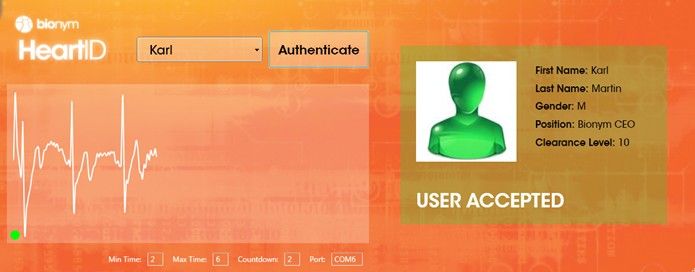Post
Democracy & Privacy. A discussion at #FutureWays
In 2009, as a guest at Meet the Media Guru, Lawrence Lessighad spoken about governance, transparency and participation. At the dawn of the Obama era, the founder of the Stanford Center for Internet and SocietyandCreative Commonshad very clear in his mind that the most powerful democracy in the world (and many other with it) are going through a pivotal change. Its origin was the explosion of social media and, more generally, the web as political information and communication means. He was not wrong.
Today, with the President at the end of his second term at the White House, Lessig is once again here as a guest of Special Edition Future Ways of Living(Thursday 11 June, 7 pm) and tries to envisage what democracy will look like in 10 years.
In order to outline how politics will be in 2025, we do not have a crystal ball, though there is a topic Lessig uses to outline what is happening today and make assumptions as to future consequences. According to the American lawyer and guru, that topic is corruption.
Looking at the old Europe, movements like Cinque Stelleor Podemos –have always been strong users of the web –and active on such topics as the squandering of public funds, control of private funds destined to political parties, corporative lobbying and opinion elites, from which they derive large consensus, also from voters. If you add the growing number of leaks andwhistleblowing of political and economic nature,it seems that never before has the public wanted no secret, no bribes and full disclosure. Let alone in ten years, right?
Things are not that black and white, though. Lessig himself explained it during his talk of star-spangled democracy, organised by the portal Quartz: «When the preferences of economic elites and the positions of organised interest groups are controlled, the preferences of the average American have a statistical impact that is close to zero when it comes to public policy». In a less elegant manner, one might say that votes count less than money. If United States politics is particularly prone to “absorbing” the pressure of generous donors, it can’t be said exactly that politicians elsewhere despise money.
Still, if a politician legally receives donations from sympathisers it does not mean he/she is corrupt. Lessig focuses on another point: how much does the support granted by a lobby (or a foundation) to a politician influences his/her action as a public decision-maker? And then, will the web be able to become a true political tool in terms of transparency and participation?
During Special Edition, the issue of democracy goes hand in hand with privacy.Both have to do with the public and personal sphere, provided the two are distinguishable and, if they are, remain so for a long time. We are driving at full speed towards the death of secrecy, explains the Expert Advisor Giovanni Ziccardi, professor of legal IT at Milan State University: if we do not mind when the secrets of politicians are revealed, we certainly change opinion when our secrets are at stake. In the next 10 years a shift could take place from Habeas Corpus to Habeas Data, wrote a few months ago the director of Wired, Massimo Russoin reference to the invasiveness of Big Data and the need for tools protecting personal confidentiality.
«In an age in which computers understand who we are, what we like, how much we walk or sleep, the element that really makes us human is how we feel». The quote is from Foteini Agrafioti, a biometric and personal security engineer, and soon to beguest of Special Edition(Thursday 11 June, 6 pm) and she knows what she’s talking about. She invented HeartID, a device capable of authenticating the identity of users based on an electrocardiogram. Something like, tell me how your heart beats and I’ll tell you who you are.
A media technology that, between now and 2015 could find other applications on security and finally prevent any identity and sensitive data theft. It is not that far from democracy to the heart.

